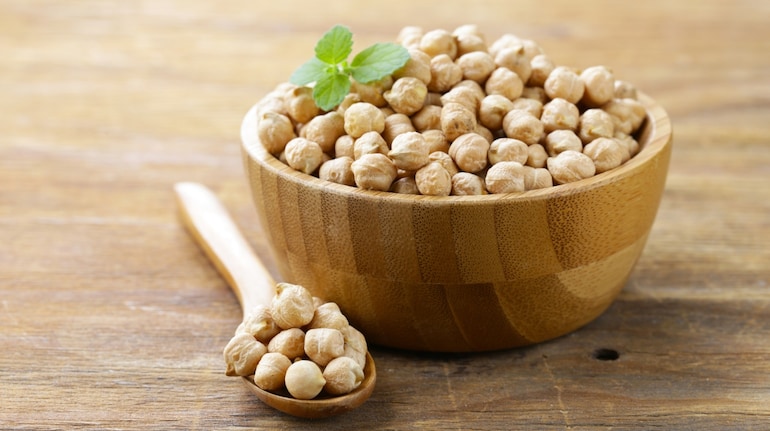



Zinc is a crucial mineral that plays a vital role in numerous bodily functions, including immune system support, wound healing, and DNA synthesis. It is an essential trace element that our bodies cannot produce or store, meaning it must be obtained from our diet. It is involved in many critical processes, such as enzyme function, protein synthesis, and immune defence. For those following a vegan diet, ensuring an adequate intake of zinc can be challenging, as many rich sources of this mineral are animal-based.
However, there are plenty of vegan-friendly foods that can provide the necessary zinc levels to support overall health. Here are some of the best vegan sources of zinc:
LegumesLegumes, including lentils, chickpeas, and beans, are excellent sources of zinc. A 100-gram serving of cooked lentils contains approximately 1.3 mg of zinc, while chickpeas provide about 1.5 mg. Incorporating legumes into your meals can significantly contribute to your daily zinc intake. Consider adding them to salads, soups, or as a base for a hearty vegan stew.
SeedsSeeds are among the richest plant-based sources of zinc. Pumpkin seeds, in particular, are a standout, with a 30-gram serving offering around 2.2 mg of zinc. Other seeds, such as hemp, sesame, and sunflower seeds, are also beneficial. You can sprinkle seeds on salads, yoghurt, or blend them into smoothies for an easy zinc boost.
NutsNuts, especially cashews and almonds, are great options for increasing your zinc intake. A 30-gram serving of cashews provides about 1.6 mg of zinc, while almonds offer around 0.9 mg. Nuts make for a convenient and nutritious snack, or you can incorporate them into your meals by adding them to stir-fries, cereals, or baking them into energy bars.
Whole grainsWhole grains like quinoa, oats, and brown rice are good sources of zinc, with a 100-gram serving of cooked quinoa containing approximately 1.1 mg of zinc. Whole grains are versatile and can be used in various dishes, from breakfast porridge to grain bowls. They also provide additional benefits, such as fibre and other essential nutrients, making them a valuable addition to any vegan diet.
Tofu and tempehSoy products like tofu and tempeh are not only rich in protein but also provide a decent amount of zinc. A 100-gram serving of firm tofu contains about 1 mg of zinc, while tempeh provides approximately 1.6 mg. These soy-based foods are incredibly versatile and can be used in a wide range of dishes, from stir-fries to salads or even grilled as a meat substitute.
VegetablesWhile vegetables are not the highest in zinc content, certain varieties do contribute to your overall intake. Mushrooms, spinach, and kale are among the better sources, with 100 grams of cooked mushrooms providing about 0.9 mg of zinc. Incorporating a variety of vegetables into your diet is essential for a balanced nutrient intake, and they can be easily added to soups, stews, or enjoyed as side dishes.
Many vegan-friendly products, such as breakfast cereals, plant-based milk, and nutritional yeast, are fortified with zinc. Fortified foods can be an excellent way to ensure you are meeting your zinc requirements, especially if you struggle to get enough from whole foods alone. Always check the labels to see how much zinc is added, and consider including these foods as part of your daily diet.
Discover the latest Business News, Sensex, and Nifty updates. Obtain Personal Finance insights, tax queries, and expert opinions on Moneycontrol or download the Moneycontrol App to stay updated!
Find the best of Al News in one place, specially curated for you every weekend.
Stay on top of the latest tech trends and biggest startup news.